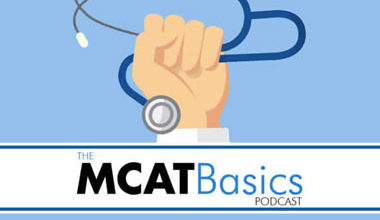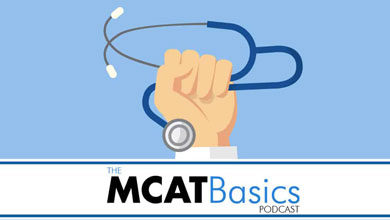In this episode, we’re diving deep into the nuanced aspects of metabolism that are essential yet less prominently featured on the MCAT. We’ll cover gluconeogenesis, the pentose phosphate pathway, and ketone body generation—topics that, while subtle, play a crucial role in your comprehensive understanding of biochemistry.
We’ll explore how your body manages glucose levels, the functions of NADPH, how glycogen is synthesized and broken down, and the metabolic adaptations during periods of low glucose.
Visit MedSchoolCoach.com for more help with the MCAT.
Jump into the conversation:
(00:00) Intro
(01:54) Pentose phosphate pathway overview
(02:42) Functions of NADPH in the body
(03:35) Difference between NADPH and NADH
(04:34) Key points to know about the pentose phosphate pathway
(07:01) Insulin and glucagon: hormonal regulation of blood glucose
(09:00) Effects of insulin & glucagon on the body
(10:48) Glycogen synthesis & breakdown
(15:51) Glycogen debranching enzyme and breakdown of branched chains
(18:49) Bypassing irreversible steps in glycolysis during gluconeogenesis
(21:19) Regulation of gluconeogenesis
(22:25) Ketogenic amino acids and their role in ketone body formation
(24:04) MCAT advice of the day: reading journal articles

